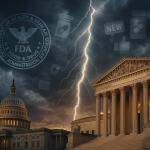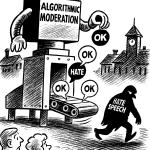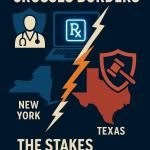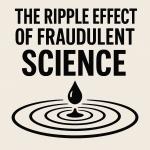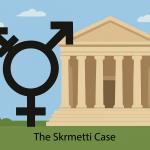It's almost impossible to go for a week without the rare earth elements popping up in the news. A few recent examples:
Policy & Ethics
Join Cameron English and Dr. Chuck Dinerstein on Episode 134 of the Science Dispatch podcast as they tackle the science of "gender-affirming care."
Sometimes an idea is so absurd it can only come out of a university. Here’s a recent example: in order to halt climate change, we should genetically engineer ticks to spread a disease that renders people allergic to red meat.
One point of agreement I have with the MAHA movement is a disdain for those direct-to-consumer (DTC) pharmaceutical ads that plague my media feed. Although, while not as incensed as Secretary Kennedy,
Given the rising political temperature in the country, there is an unsurprising rise in online hate speech.
“The state of New York, acting through the Ulster County Clerk, should not be permitted to escape the constitutional obligation under the Full Faith and Credit Clause.”
Join Cameron English and Dr. Chuck Dinerstein on Episode 132 of the Science Dispatch podcast as they answer some listener questions.
For more than half a century, US regulatory policy on chemical and radiation risks has rested on a deeply flawed scientific foundation. Researchers such as Dr. Ed Calabrese and whistleblower Dr.
On June 24, the Supreme Court issued its decision in the highly polarized case of United States v. Skrmetti.



